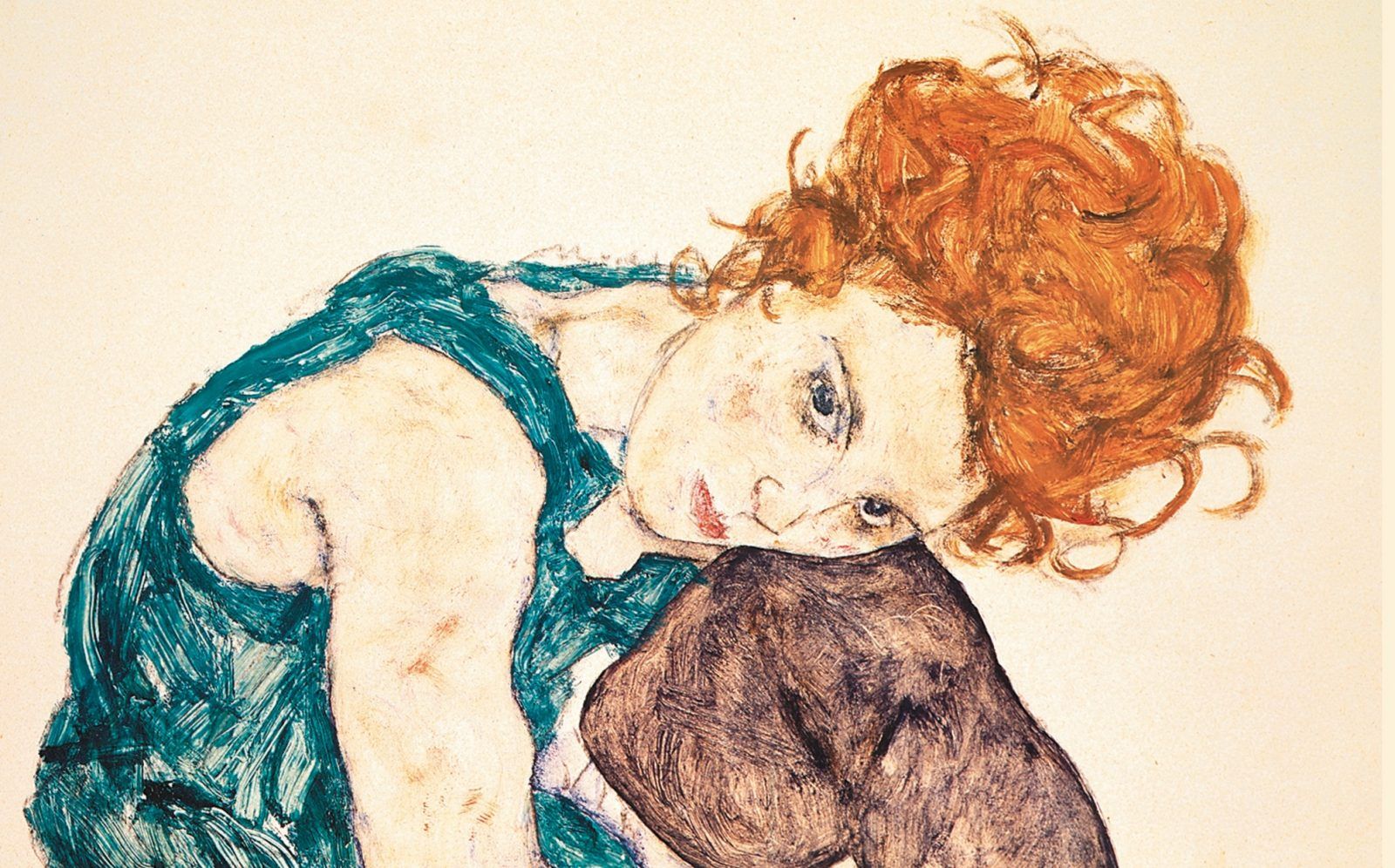Chiara Davoli
Chiara Davoli is a sociologist, activist, and photography enthusiast. She graduated in Sociology at Sapienza University of Rome, where she also completed her PhD in Sociology and Applied Social Sciences. She has carried out research and collaborated with several research groups as well as various institutions and universities (such as the University of Siena). She is currently a research fellow at the University of Urbino and collaborates with the Osservatorio sulla Città Globale of the “S. Pio V” Institute in Rome. She is the author of several articles and essays in collective volumes and co-author – together with Valeria Tarditi – of the book Lavoro Diseguale. Voci, esperienze ed immaginari delle donne (Castelvecchi, 2023). Her forthcoming book, co-authored with Stefano Portelli, is Abitare in affitto. Le nuove frontiere della speculazione immobiliare (Armando Editore).
Her work and projects reflect her vision and worldview. Research and study, art and creative practices are for her forms of active participation and engagement with the causes she embraces. The IURMAP project, developed with Leroy, is a clear example of this intersection of research, study, art, and political activism.
She collaborates with online magazines such as Monitor Roma and has written for various journals and platforms of information and analysis, including Jacobin Italia and Disurbanità-Machina.
Taking a step back. During her school years she began experimenting with old film cameras she found at home and started taking photographs. For years she practiced photography as a self-taught photographer. From the very beginning, the camera became a communicative and expressive tool to explore reality and convey her vision of the world. In October 2010, she attended the course Social History of the Photographic Image held by photographer Tano d’Amico at the Centro Sperimentale di Fotografia (C.S.F.). She later took several courses in photography and reportage at schools in Rome and exhibited her work on various occasions. She began photographing events and in particular took part in the artistic and cultural project Derooms, organized by a group of artists and students to “deconstruct and recompose the role of art galleries,” reclaim means of production and experimentation, self-manage spaces, and share knowledge and techniques.
She continued her training through courses in graphic design, illustration, and publishing in several schools, especially at the Scuola d’Arte e dei Mestieri of the City of Rome.
Over time, she has enriched her educational and professional path by focusing on educational processes that consider children and adolescents as active participants in their experiences. She has carried out recreational and educational activities aimed at fostering communication and expressive skills through play and art.
Since 2012, she has been conducting research on various topics, mainly concerning social and gender inequalities, urban and housing issues, the right to housing, forms of grassroots mobilization and practices, labor exploitation and gangmastering, and migration processes.

